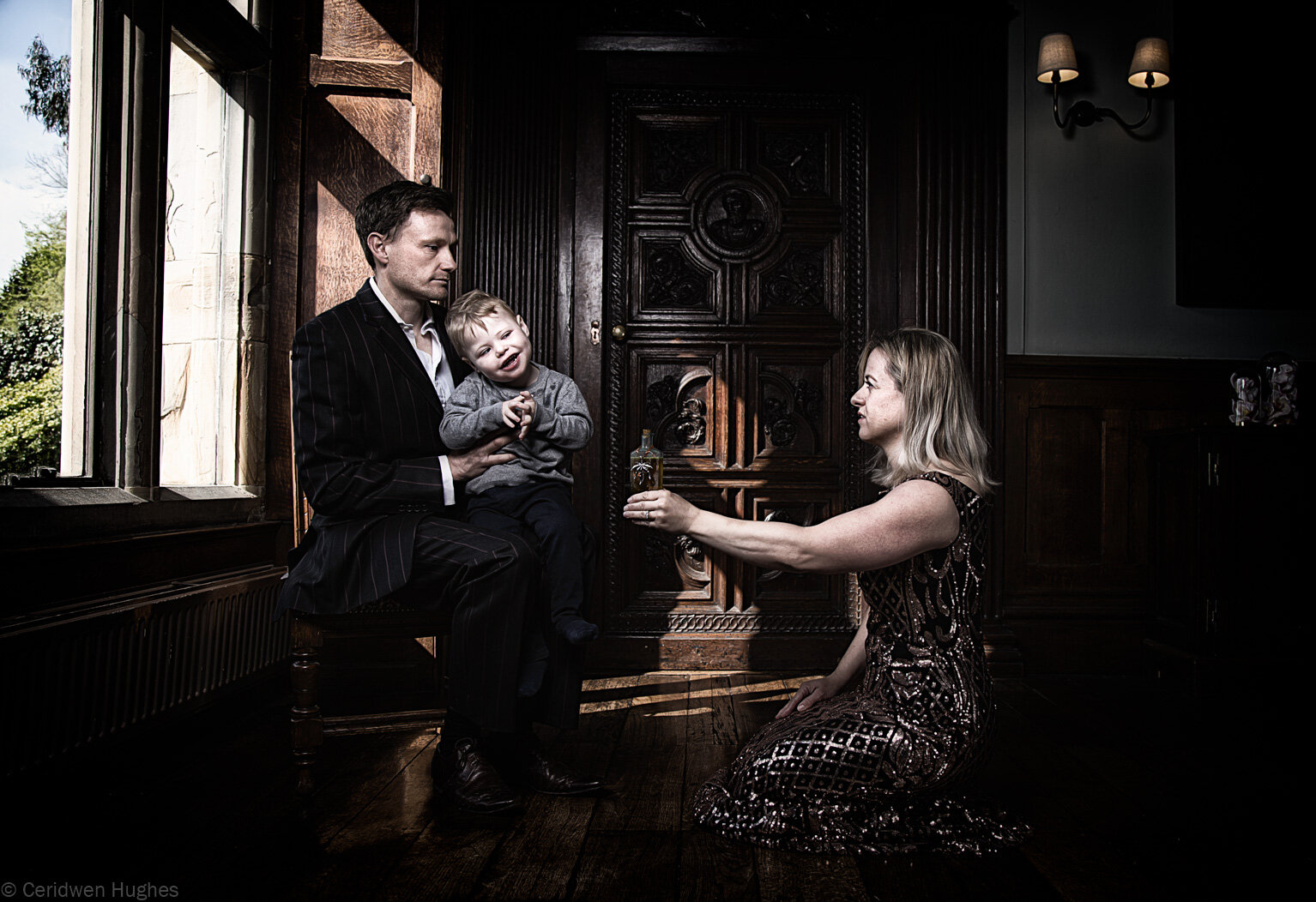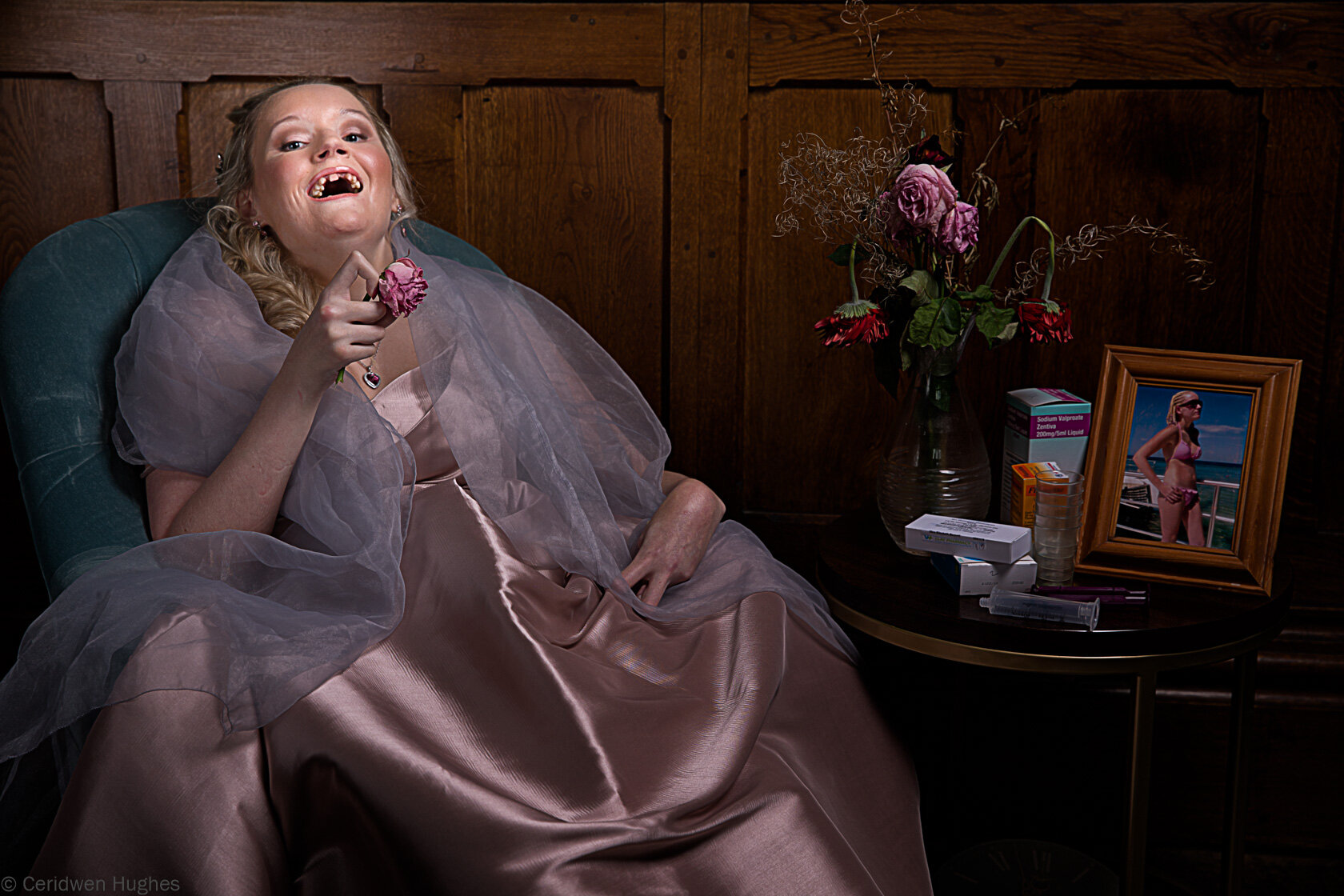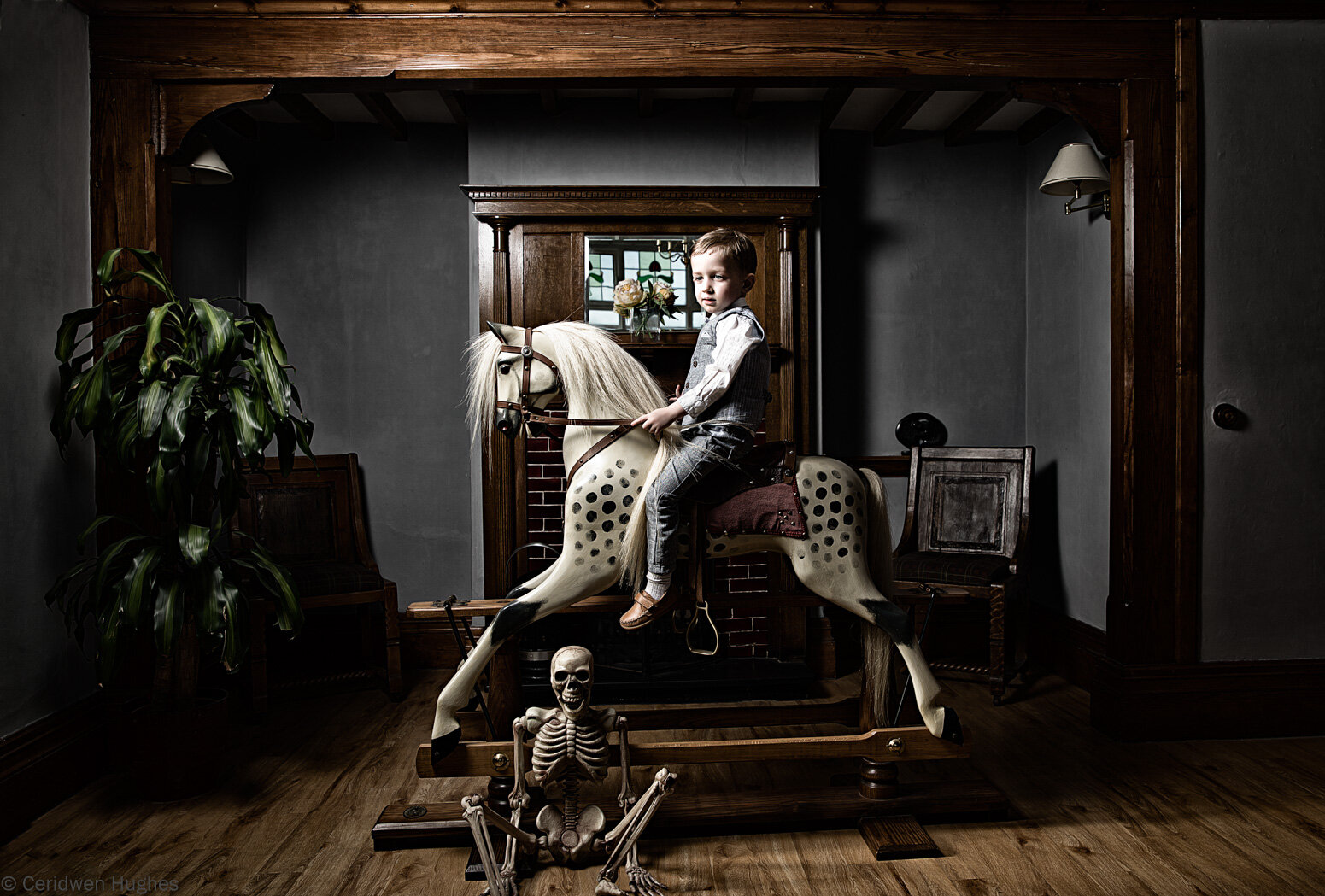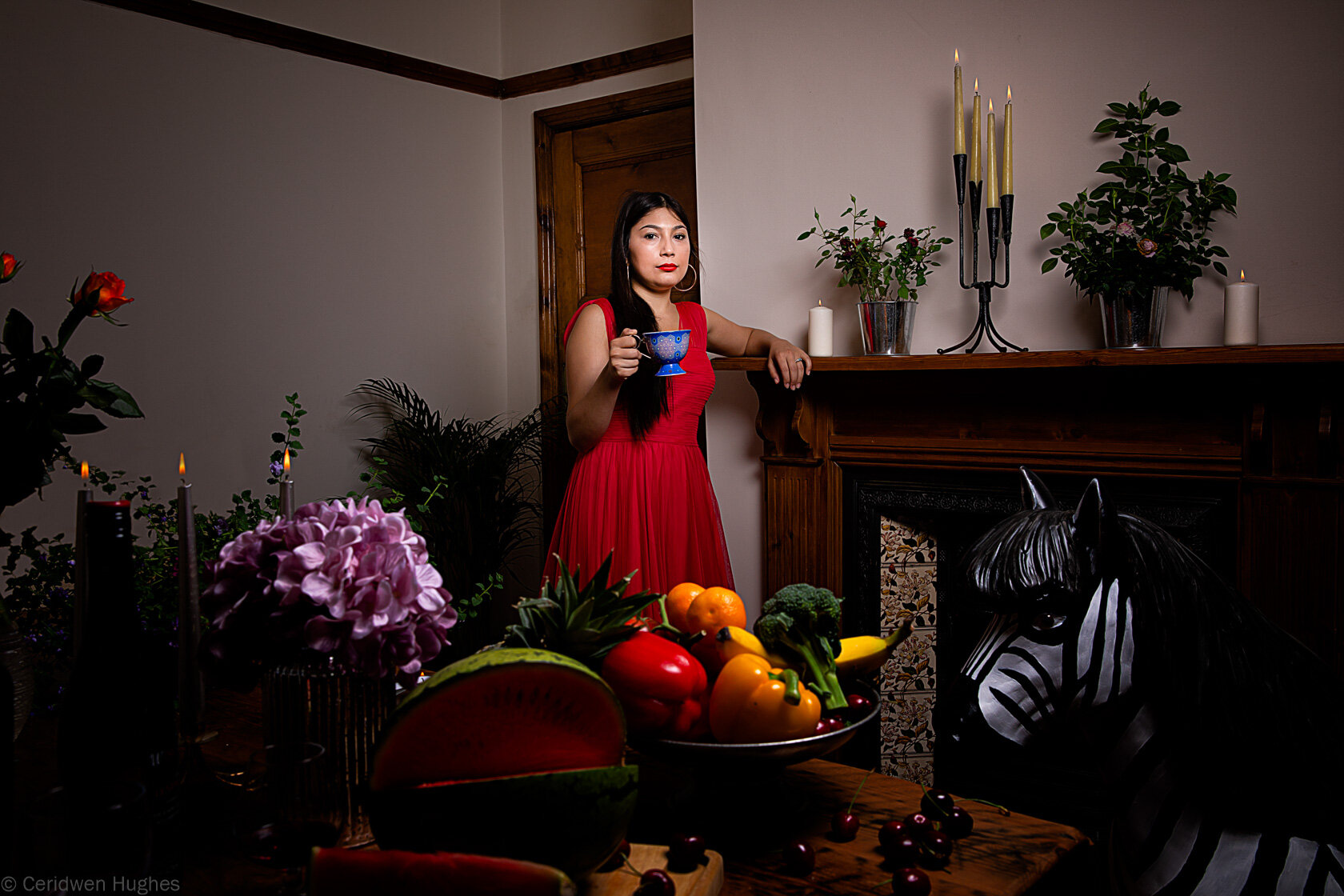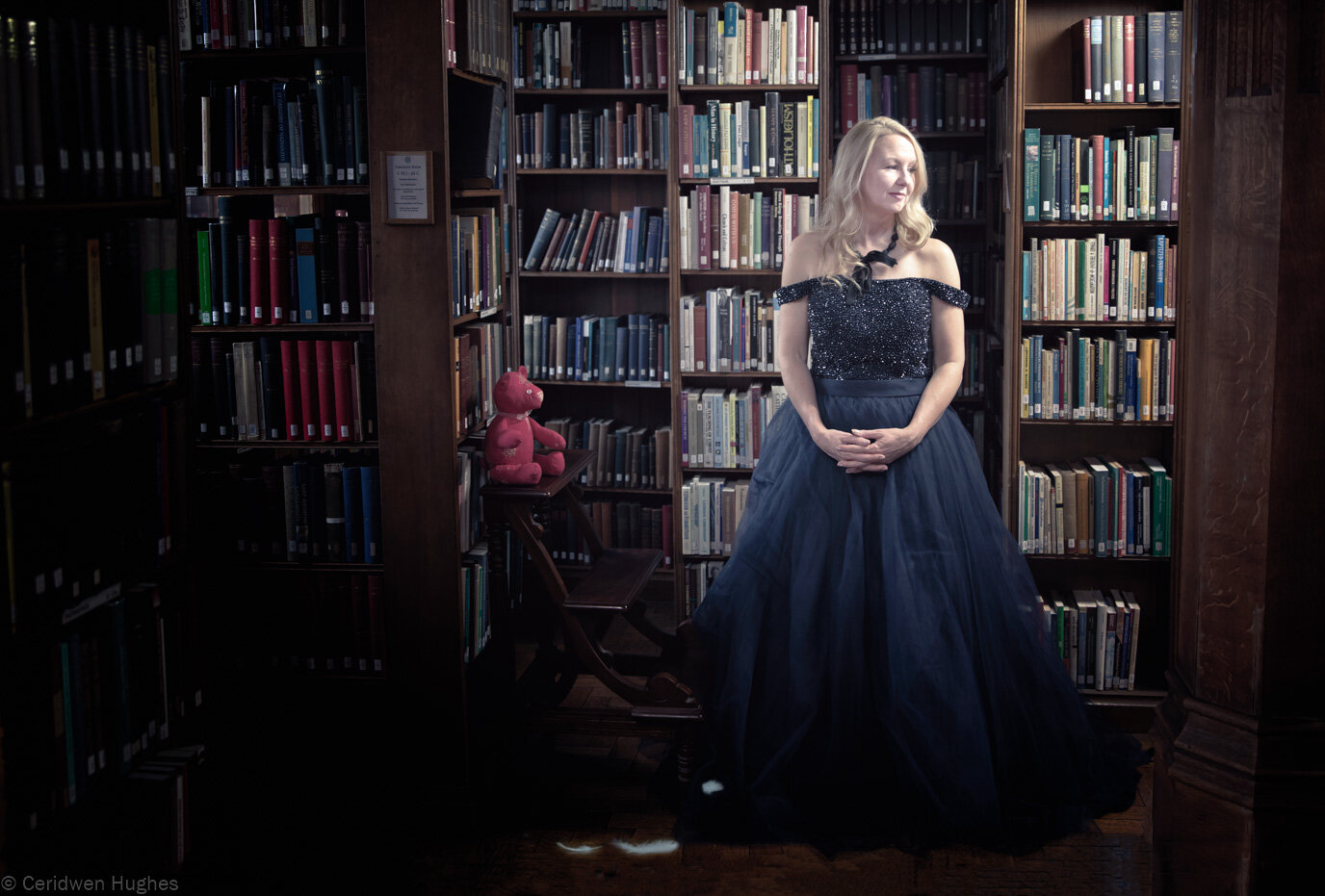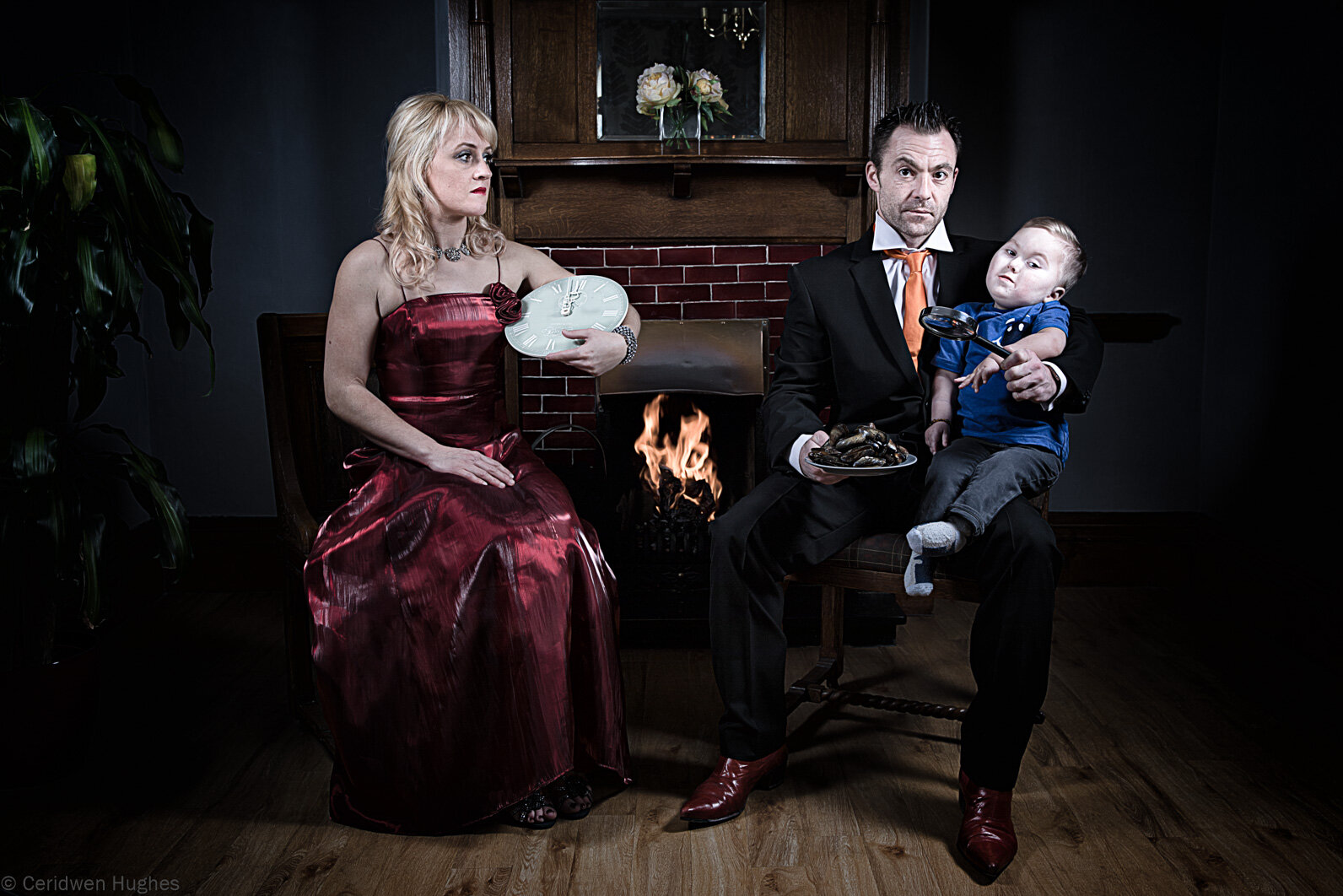Toni
“I didn't want anyone's pity and I still feel I don't need it... if someone says to me have you got children, and then I tell them our story, I can see pity in their eyes. I don't want that, I want them to listen and understand that I am very grateful for the experiences I've had and the time that we had with our children.”
"I first heard of Niemann-Pick disease when my daughter, Lucy, was about 5 weeks old. She had been unwell from birth as she had a very large tummy due to an enlarged liver and spleen. She underwent a lot of tests and we were told she may have Niemann-Pick disease. I went away, and at that point we didn’t have a computer, so I asked my friend to look it up and find out what it was. She brought reams of documents and struggled to tell us how devastating it was. We looked at our gorgeous little baby and just could not believe that she was so unwell. Of course, the blood tests came back, and it was confirmed that she did in fact have Niemann-Pick disease Type C. It took a long time to get used to the diagnosis and to even be able to say those words.
When we were given the initial diagnosis we were given the wrong information as he said she had Type A, which is a lot more severe. He said that we had 6 months, if that, with our child, and the words he used were, you can take her home to die. He also said some other things that will always stay with me forever. I would love to revisit that appointment with him and have the strength to tell him how much an impact his words had upon us. He destroyed us completely within that appointment. Delivering news like that is very, very difficult but I feel that there must be more sensitive ways.
However you deliver news like this it will be difficult to hear. I think it is important to consider how much information to give at the point of diagnosis. I don’t think parents can take it in. They will hear the words you utter, that is, they have this condition and they will hear no more. At subsequent appointments, and with support from patient groups, is perhaps a better time to discuss more detailed information. I definitely think that when you’re speaking to parents for the first time and delivering awful news that they must have somebody there with them, who can support them, and who can listen for them.
We spent a lot of time crying after the diagnosis. I had this tiny little bundle just here, and I think, in the past if something was broken you would just put it down and get a new one but you can’t with a baby. It’s broken, it’s yours and you’ve got these feelings of I want to fight for her for everything
Telling people was really difficult because we had this diagnosis of a progressive neurological condition. We didn’t know when the symptoms would happen or how long Lucy would be with us. When they see your child start to grow normally and look normal and act normal then they forget. They forget that you as a mother are going through, what I would call a grieving process, because from the minute you’re told your child is not going to live a full life, you start to grieve for the all the things they won’t be able to do or the experiences that you won’t have together. So whilst my friends were thinking ahead to university and marriage and all these lovely things, I knew they were never going to happen for Lucy and that was so very difficult to cope with and deal with. I would be out and have a lovely day with friends and their children and then go home and break my heart. That I suppose comes with the isolation of a rare disease and that’s why I think having a community knowing other mums who are affected or whose children are affected by rare diseases is so important.”
“I think it is important to consider how much information to give at the point of diagnosis. I don’t think parents can take it in. They will hear the words you utter, that is, they have this condition and they will hear no more.”
“For me, being involved in the patient group Niemann-Pick UK has been an absolute life saver. Honestly, I’ve said this before that I don’t think I would be sitting here and being able to speak as coherently as I can without them. That community has supported me throughout and been there for me and helped me in so many ways, not just emotional and practical support but the fact that I can feel as if I’ve actually making a difference on behalf of my children.
Lucy was born in 2003 and we quickly became pregnant again. We thought everything would be lovely and we would have another child, and we did, but unfortunately that child was also affected. Lucy’s sister, Hannah, and she was born in January 2004. It was a devastating time when she passed away. We had so much going on in our lives anyway and I really wasn’t very easy to live with at that point in time. My husband was the one who picked up the pieces and brought me back to reality. That and the fact I had to care for Lucy of course, because I had to get out of bed everyday to look after her and to be there to make those memories and I just had to get on with life.
We thought we would maybe try once more. This time we had a lovely little boy, Sam, and again, unfortunately, he had Niemann-Pick disease too and we lost him. It was at that point I think that I went really off the rails and needed a lot of help and support from my family and friends. Again my husband really pulled me through. It was the year after Sam passed away that I became more involved in Niemann-Pick UK and took on a role with them and that gave me a sense of purpose. I knew that sooner or later I was going to lose Lucy too and I needed to have something after that where I could make a difference.
Hannah and Sam passed away in 2004 and Lucy in 2007. I also lost my father in 2004 so I lost my father and two children. It was an incredibly difficult time.If I was to speak directly to the science community the one thing I would say is, if you can, put yourself in the shoes of a mum or a dad with a child with a rare condition. Think how helpless you would feel if there was nothing that could help that child and that you were going to lose that child. The difference that you could make to families by finding something that could slow the progression of the disease long enough for something else to be found that can help a bit more is immeasurable. Patients need time with their families, parents need time with their children and starting at a very basic research level right through to patients, bringing the bench to the bedside is exactly what we need.
To a family who’d just been given a diagnosis I would say take your time, listen to your own feelings and when you’re ready, if you’re ready, reach out to other patients, via a patient group or via your GP or treating consultant. Try and understand the experiences of others and learn from those and understand that usually, even though you’re a rare disease patient, you aren’t alone. The things that you are going through and feeling are very normal and someone out there will have been through them before you and will be able to help you.
Following our experiences with our children I became involved with Niemann-Pick UK back in 2005 and I now have the position of Chief Executive with that organisation. I help to oversee the strategic and operational activities and we do so much now to support patients including supplying a clinical nurse specialist who works with paediatric and adult patients. She’s based in Manchester but she travels across the UK to wherever a patient is. At any one time if they need a home visit or somebody to accompany them to the clinic appointments, Laura can go along and sit with them and help them to understand what they’re being told about their condition, help them afterwards if they have any questions and make sure that they can access their local care and services that they need. We don’t just look at the patient that is affected by the condition, we help their wider family too. There’s lots of difference that we can make and I hope that being part of this community can help families to feel less isolated and alone with this rare condition.
I didn’t want anyone’s pity and I still feel I don’t need it, even though yes I get that reaction, if someone says to me have you got children, and then I tell them our story, I can see the pity in their eyes. I don’t want that, I want them to listen and understand that I am very grateful for the experiences I’ve had and the time that we had with our children. It’s very special to me and I feel very lucky. I know that sounds ridiculous, but I do, I feel really lucky and I want people, if I talk to them about my experiences to learn from me and pass it on and raise awareness and support and help, and that’s what I want from them and not their pity."
Niemann-Pick diseases are a group of rare inherited lysosomal storage disorders that can affect both children and adults.
Acid Sphingomyelinase Deficiency (ASMD) includes Niemann-Pick Disease Type A (NP-A) and Type B (NP-B), which are caused by a lack of the enzyme acid sphingomyelinase leading to a build-up of toxic materials in the body.
Niemann-Pick Disease Type C (NP-C) is a devastating neurodegenerative disease caused by an accumulation of lipids (fats) in the liver, brain and spleen.
For more information or support visit www.npuk.org.
VIEW THE OTHER STORIES IN THE BEAUTY OF RARE EXHIBITION
If you wish to discuss this project or reproduce any images or story, please contact ceri@samebutdifferentcic.org.uk. The photographer on this project is Ceridwen Hughes (www.ceridwenhughes.com)




